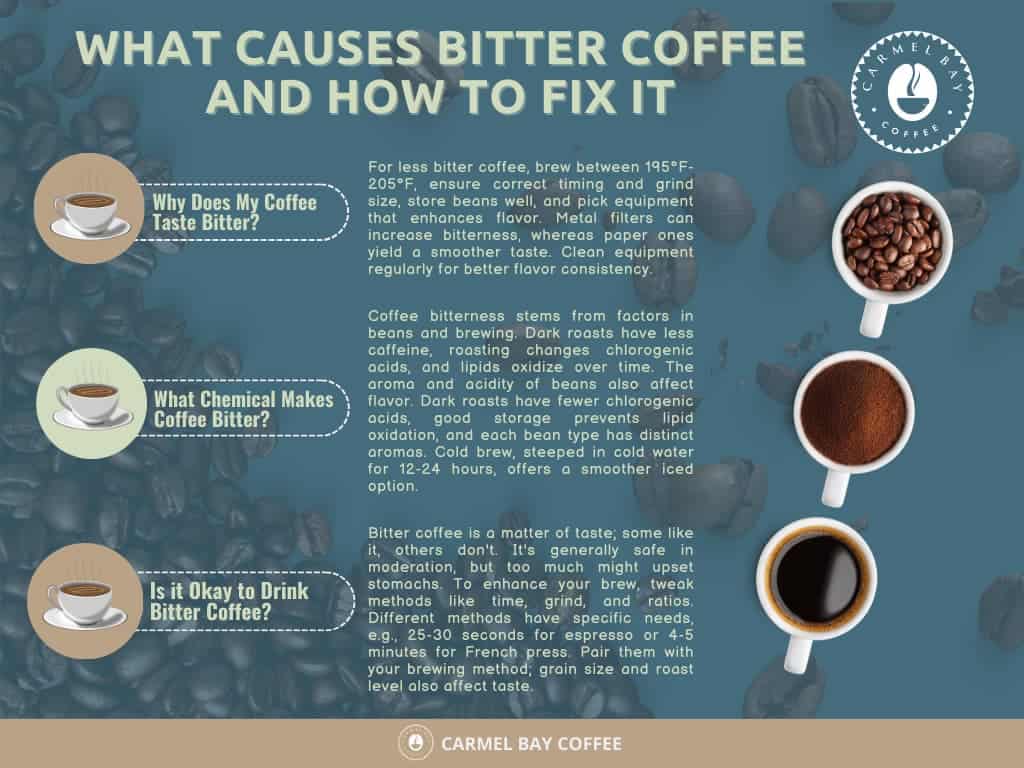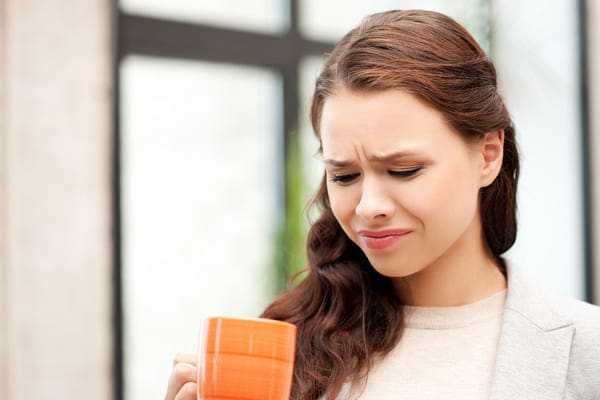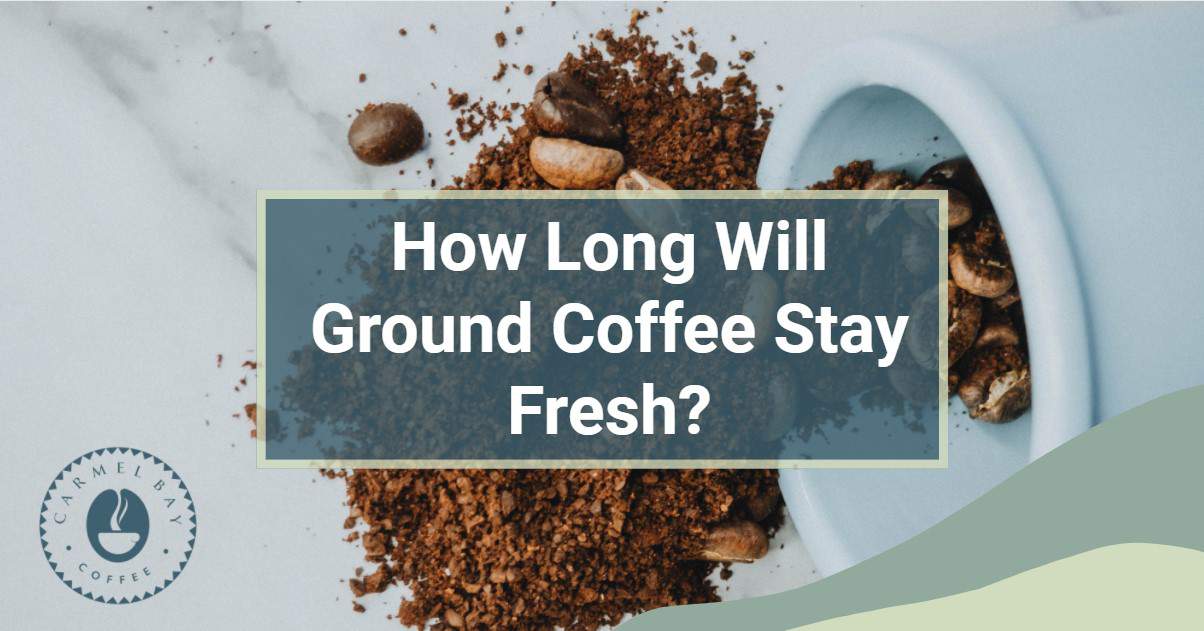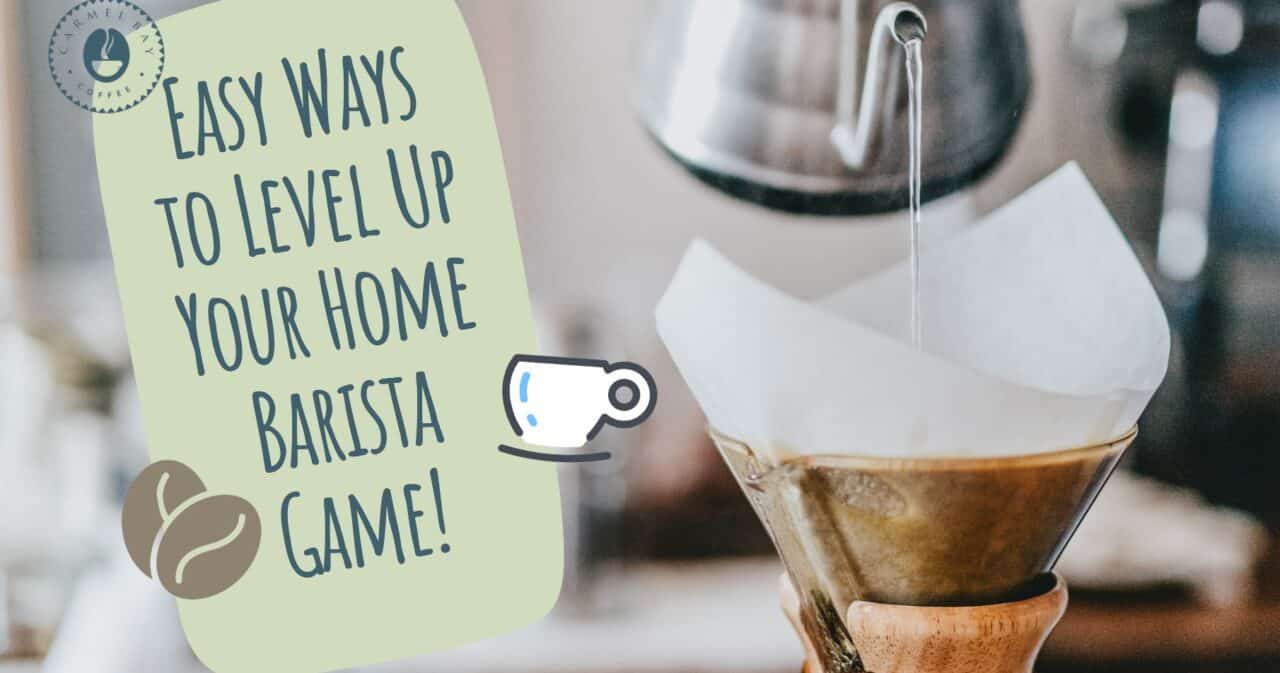What causes bitter coffee? It’s a question that’s been on the minds of many coffee enthusiasts and casual drinkers alike. Whether you brew your coffee at home, visit a local café, or have a Starbucks brew, you may have encountered the unpleasant sensation of a bitter cup.
In this article, we’ll get into everything that can cause coffee bitterness. We’ll uncover all the factors contributing to that unwelcome bitter taste and gain insights into coffee chemistry.
Why Does My Coffee Taste Bitter

The Correct Brewing Temperature of Coffee
Brewing temperature is one of the most common reasons for suddenly experiencing bitter coffee. Coffee is best brewed between 195°F and 205°F (90°C to 96°C). If your coffee maker’s heating element is malfunctioning or if you’re using water that’s too hot, it can over-extract the coffee grounds, releasing bitter compounds.
Aim for 195°F to 205°F (90°C to 96°C) for drip coffee and around 200°F (93°C) for espresso.
Over-Extraction
Over-extraction occurs when you leave the coffee grounds in contact with hot water for too long or grind the coffee too fine. This leads to extracting undesirable compounds, including bitter ones, from the coffee grounds. To avoid this, finding the right brewing time and grind size for your preferred brewing method is essential.
Stale Coffee Beans

Like any other food product, coffee beans can become stale over time. Stale beans tend to produce a bitter taste. Store your beans in an airtight container away from light, moisture, and air to prevent this. Additionally, buying freshly roasted beans can make a major difference in the flavor of your coffee.
While we’ve discussed the importance of bean freshness in relation to bitterness, it’s also crucial to understand the shelf life of ground coffee. If you’re wondering about the longevity and optimal storage methods for your ground beans, be sure to check out our detailed guide on How Long Will Ground Coffee Stay Fresh. It provides insights into preserving the rich flavors of your coffee and ensuring every cup is a delightful experience.
The Impact of Brewing Equipment on Coffee Bitterness in Coffee
What causes bitter coffee when considering equipment? The tools you use to brew your coffee can significantly influence its taste, especially its bitterness. Different machines and tools can extract flavors from coffee grounds in varying ways. For instance, metal filters in some French presses might allow more oils and fine particles into the brew, potentially increasing bitterness.
On the other hand, as used in many drip coffee makers, paper filters can absorb some of these oils, leading to a smoother cup. Additionally, the cleanliness of your equipment plays a role. Old coffee residues in a machine or grinder can introduce stale, bitter flavors into a fresh brew. Regular maintenance and cleaning of your brewing equipment ensure consistent flavor extraction and a better-tasting cup.
What Chemical Makes Coffee Bitter
The bitterness in coffee arises from a combination of chemicals and factors inherent to the beans and the brewing process.
Key contributors include caffeine, which is more pronounced in darker roasts; chlorogenic acids, which change roasting; lipids that can oxidize over time; and the interplay of aroma and acidity from different bean types. Understanding these elements can help make your brew’s desired flavor profile.
That’s just scratching the surface, though. Let’s get into more details!
Caffeine
Caffeine is one of the chemicals in coffee that contributes to its bitterness. It’s a natural stimulant in coffee beans, and its bitter taste is more pronounced in darker roasts. However, caffeine alone is not solely responsible for the overall bitterness of coffee.
Chlorogenic Acids
Chlorogenic acids are a group of compounds found in coffee beans, and they play a significant role in making coffee bitter. During the roasting process, these acids undergo chemical changes, contributing to the bitter taste of coffee. Darker roasts tend to have fewer chlorogenic acids due to more prolonged exposure to heat.
Lipids and Lipid Oxidation
Coffee also contains lipids (fats), which can become rancid over time. When lipids oxidize, they produce bitter compounds that can impact the flavor of your coffee. This is why storing and using your coffee beans properly within a reasonable timeframe is essential.
While we’ve touched upon the importance of proper storage to prevent lipid oxidation in coffee, ensuring the freshness and flavor of your beans goes beyond just that. For a comprehensive guide on preserving the integrity of your coffee, delve into our article on Tips To Storing Coffee the Right Way. It’s packed with practical advice to maximize the lifespan and taste of your favorite brew.
Aroma and Acidity
The aroma enhances the coffee experience. Different beans offer unique aromas, and acidity contributes to flavor complexity. Arabica beans are known for their bright acidity, while robusta provides boldness. Cold brew offers a less bitter iced coffee option. Steeping coarsely ground coffee in cold water for 12-24 hours yields a concentrated coffee to customize with water, milk, or syrup.
Is It Okay to Drink Bitter Coffee
Yes, it’s fine to drink bitter coffee, but there are some concerns that we listed below.
- Personal Preference: Whether it’s okay to drink bitter coffee largely depends on personal preference. Some coffee drinkers enjoy a hint of bitterness in their brew, while others prefer a milder, less bitter flavor. Ultimately, it’s a matter of taste and no right or wrong answer.
- Health Considerations: From a health perspective, drinking bitter coffee in moderation is generally safe for most people. Bitterness in coffee primarily comes from natural compounds found in coffee beans, and they are not harmful when consumed in reasonable amounts. However, excessive consumption of very bitter coffee may lead to stomach discomfort in some individuals.
- Adjusting Your Brew: If your coffee is consistently bitter and doesn’t enjoy it, you can adjust your brewing methods. Experiment with brew time, different grind sizes, and coffee-to-water ratios to find a combination that suits your taste buds.
Brewing time varies by method. Espresso takes 25-30 seconds, while French press might need 4-5 minutes. Balancing brewing time and grind size is crucial to avoid over-extraction and bitterness. Brewing gadgets like AeroPress, Chemex, or Hario V60 provide precision control over brewing variables, allowing customization. - Optimal Grind Size for Clean Tasting Coffee: Your choice of brewing method matters significantly in the pursuit of great coffee. Each method has unique characteristics, so matching your grind size and water temperature is essential. Fine grinds are perfect for espresso and Turkish coffee, while French press and cold brew benefit from a coarser grind.
For more about grind size, please check out our article: Do Expensive Coffee Grinders Make a Difference: A Very Bias Comparison! - Impact of Roast Level on Bitterness: Roast level plays a significant role in coffee flavor. Dark roasts offer boldness and bitterness due to extended roasting, while lighter roasts have milder profiles. Specialty coffee shops often provide a range of roasts to cater to different preferences. Single-origin beans, artisan roasting, and expert baristas combine to create a unique coffee experience.
Bitter No More: Wrapping Up What Causes Bitter Coffee
Understanding what causes bitter coffee can be the key to transforming a frustrating experience into a delightful cup. Factors like brewing temperature, over-extraction, and coffee bean freshness can all contribute to bitterness. Whether it’s okay to drink bitter coffee depends on personal preference, and adjusting your brewing methods can make a difference.
The bitterness of coffee results from various compounds, including caffeine, chlorogenic acids, and lipids. Just like with anything else, your perfect cup of coffee is up to you and your individual taste. Make sure to experiment to find what’s best for you.
If you’re looking for the perfect cup, you’ll need to step up your coffee game! Check out our article: Easy Ways to Level Up Your Home Barista Game: Master these tips!



